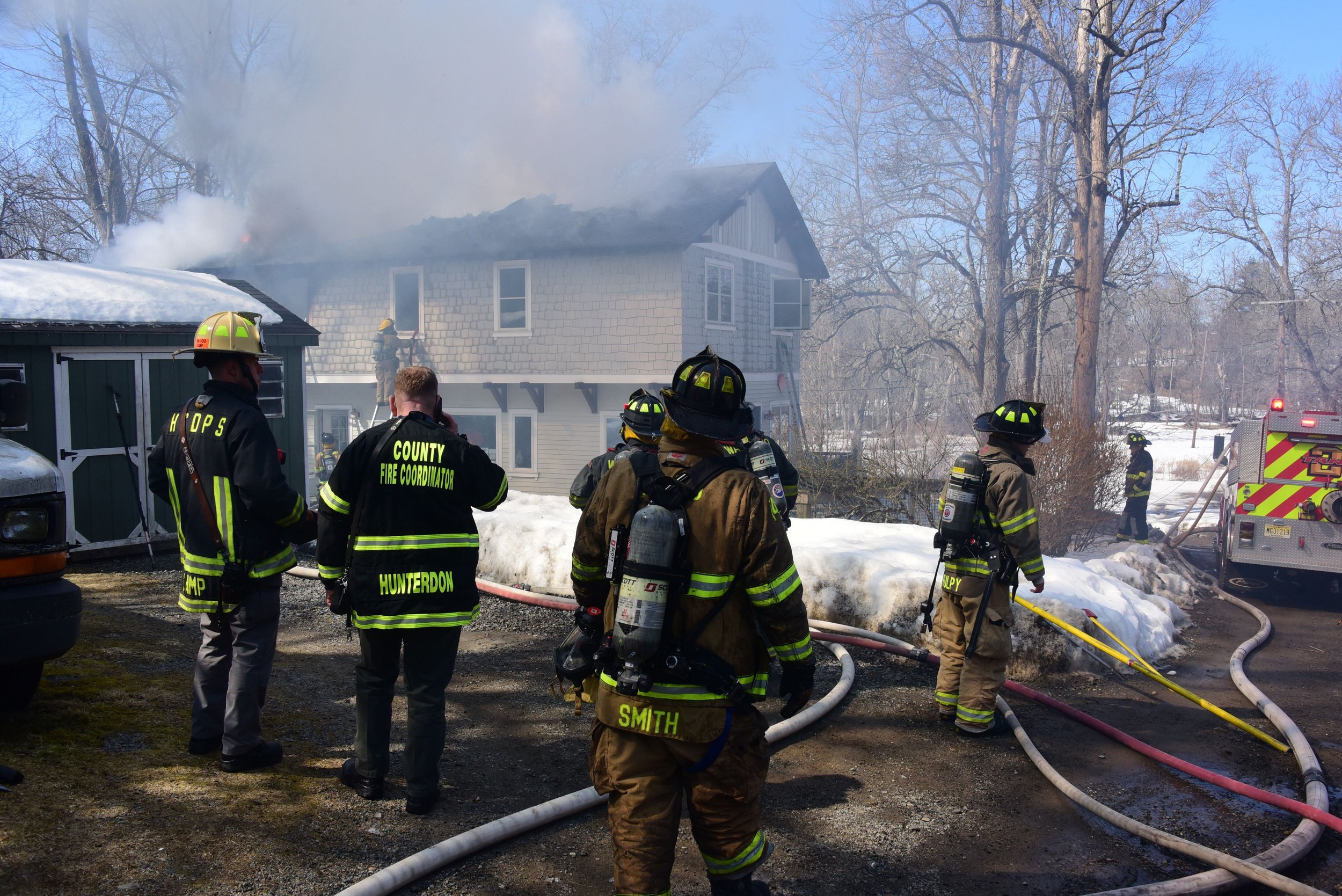
Fire Safety and Education
Education
Fire Safety and Prevention
It is crucial to have a well-thought-out plan in place to safely evacuate your house in case of a fire. By being educated on proper procedures, many fire events can be prevented or mitigated. Take the necessary steps to keep your family safe by creating and practicing a fire evacuation plan.
When to Call 911
If at any time you are experiencing any type of emergency situation, it is crucial to act promptly and contact emergency services by dialing 911. Prioritizing caution over hesitation is essential, and we are fully prepared to respond to any medical or fire-related incidents, regardless of the time of day.
Smoke Alarms
Smoke alarms are your first line of defense against a fire during the night. To ensure the safety of your home and loved ones, it is crucial to educate yourself about the various types of alarms available, their recommended replacement schedules, and the optimal locations for installation within your house. Keep in mind the importance of replacing alarm batteries yearly and the alarm units every 10 years to maintain their effectiveness in alerting you to potential dangers.
Carbon Monoxide
Carbon monoxide (CO) is a stealthy threat as it is both odorless and colorless, posing a significant risk of serious illness or even death without any prior warning. To safeguard against CO poisoning, it is essential to gain knowledge about CO, recognize the signs of poisoning, and pinpoint the household items that could trigger a CO leak. A crucial safety measure is to never run generators indoors in confined areas and to be cautious when utilizing gas-powered devices in poorly ventilated spaces.
